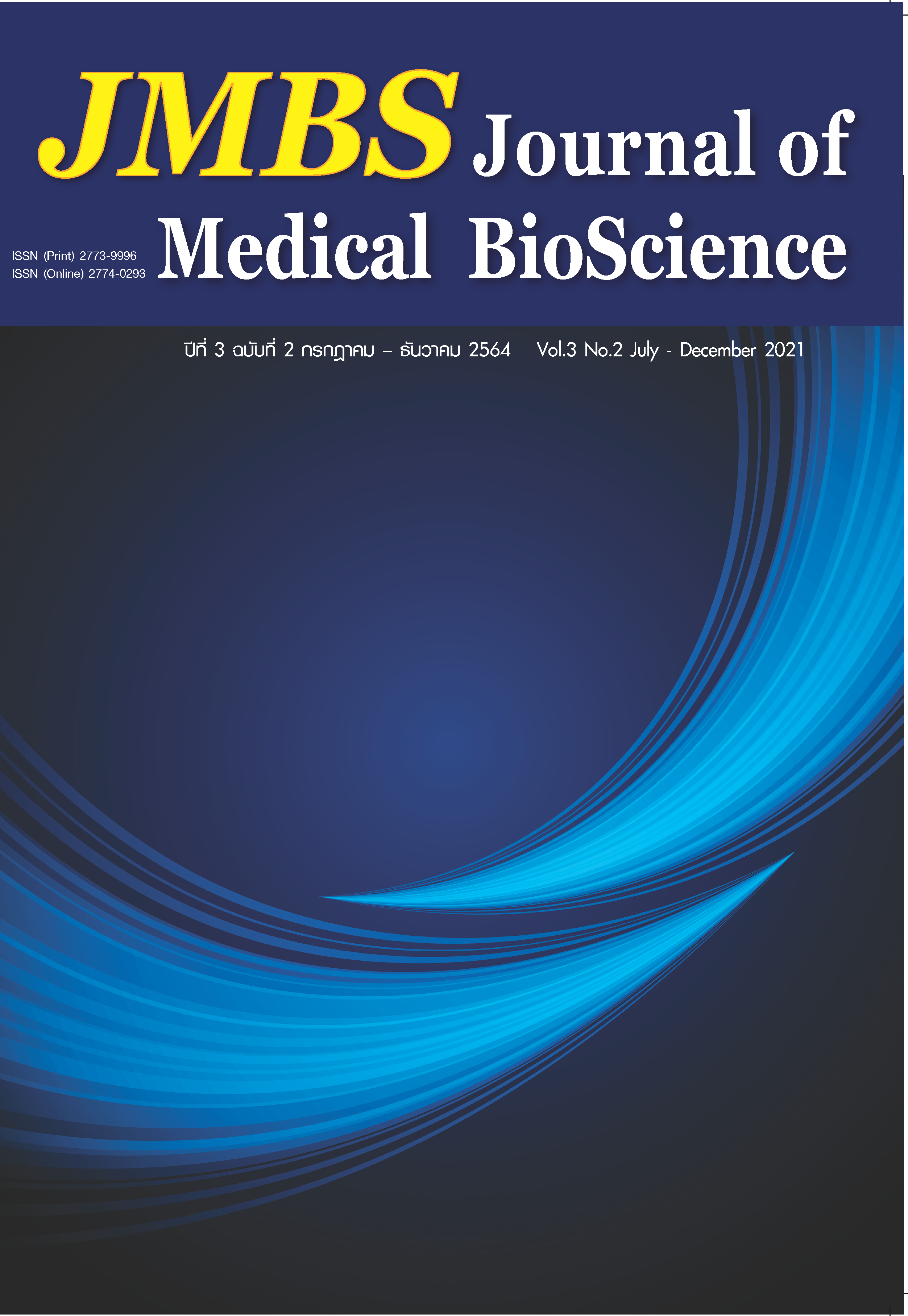Effect of self-concept clarity and social comparison on subjects’affect score
Keywords:
Affect score, self-concept clarity, self-esteem, social comparisonAbstract
Background: Self-concept clarity relates to one’s self-perception as clear, consistent, and temporarily stable. Social comparison is used to define the self, especially when uncertain about their own abilities and opinions.
Objectives: This study aimed to examine whether a self-concept clarity threat prime (versus control) influenced affect, after being exposed to an upward comparison target.
Methods: The study adopted a 2 (Self-Concept Clarity Prime: Threat versus Control)×2 (Comparison Target: Upward versus Control) between-subjects design. Subjects were randomly allocated into a selfconcept clarity priming manipulation threat (or control) and read about an upward social comparison target (or control), then rated their affect.
Results: Subjects primed with self-concept clarity threat showed significantly lower affect than control. Exposure to upward comparison (versus control) showed no significant difference in affect. Additionally, the affect was significantly worse for threatened subjects (versus control) following upward comparison (versus control).
Conclusion: These findings provide broad implications and could act as a strategy to raise the affect score of those with low self-concept clarity during the social comparison procedure by boosting a reflection response from them. Future studies should diversify the sample to include a variety of cultures and ages to limit sample selection bias.






